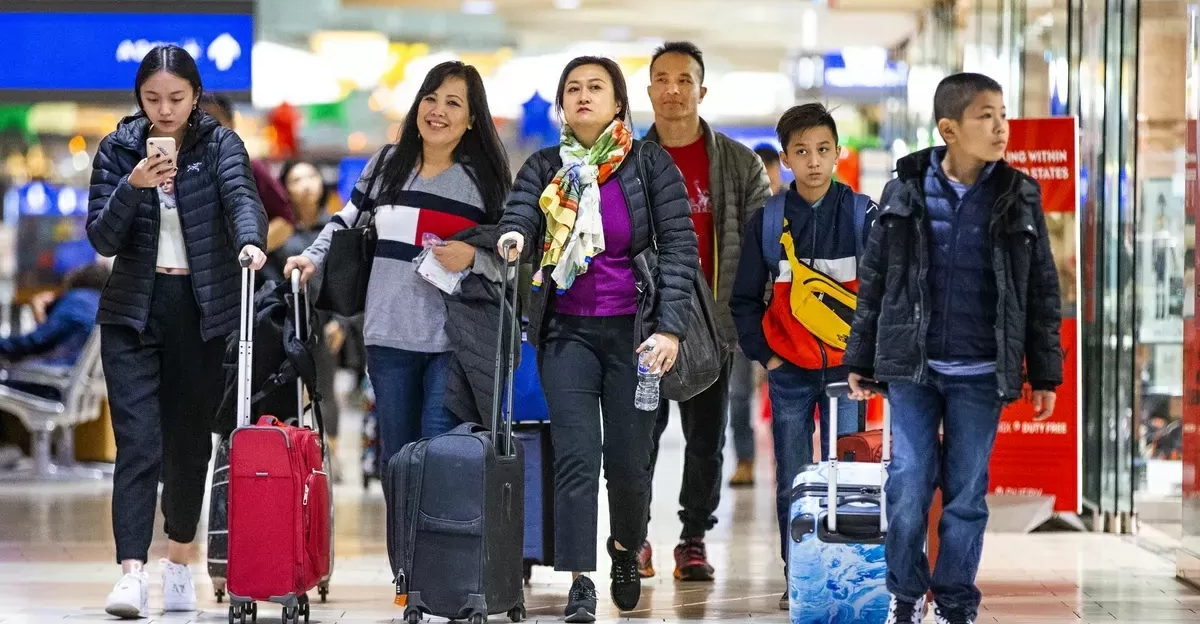
This year, the H-1B visa program, once considered the golden ticket for foreign high-skilled workers who dream of making a life in America, has come to a crossroads. In the 2026 fiscal year, the program received 25% fewer applications, the lowest in four years.
These application decreases echo through the tech industry, academia, and immigrant communities. This significant decrease isn’t just a statistical anomaly; it’s a shock that’s reverberating from Silicon Valley boardrooms to tech stores across the country.
Since the H-1B program has always gauged America’s openness to global talent, this application plunge signifies more than a paperwork problem. It suggests underlying concerns about policy, economics, and the future of innovation in America itself.
What’s Behind the Plunge? The Perfect Storm of Policy and Price
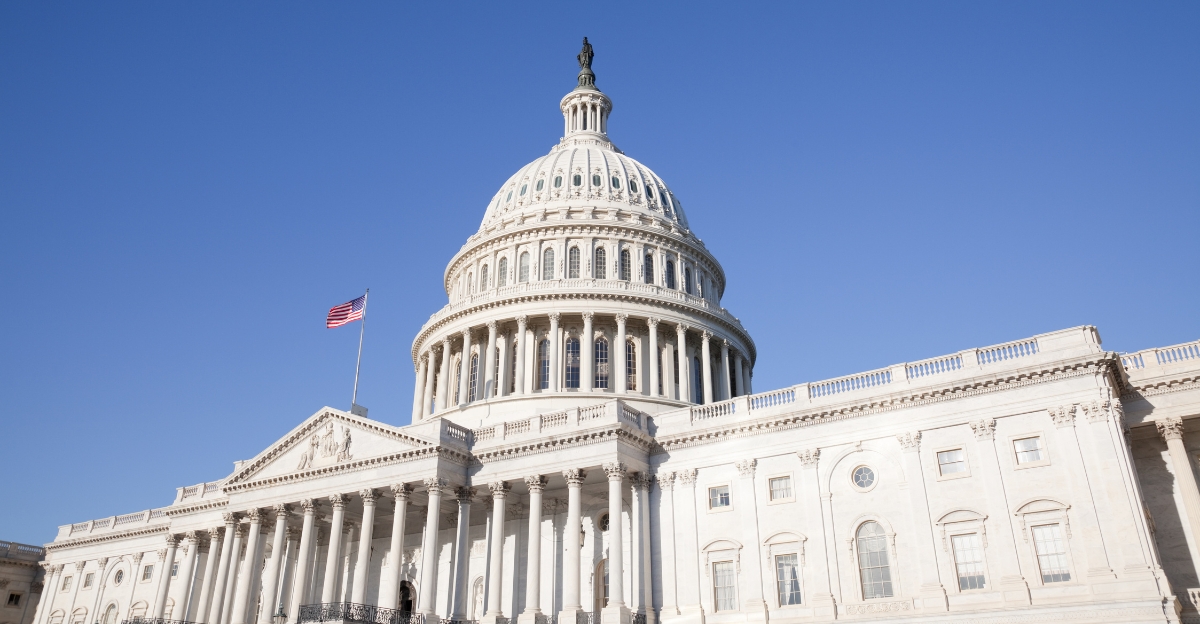
Why the sudden drop? The answer lies in the potent mix of pocketbooks and politics. President Donald Trump’s administration has cracked down on immigration, tightening documentation and introducing new hurdles like social media verification.
At the same time, the H-1B visa registration fee increased from $10 to $215—a staggering 2,050% increase, which many may now not be able to afford. Throw in tech layoffs and a culture of economic anxiety, and you have a recipe for financial disaster.
Employers and applicants alike are thinking twice, setting the stage for a cascade of consequences. One thing is certain: this isn’t a blip, but the beginning of a ripple effect that will remake the way America recruits, retains, and competes for the world’s best and brightest.
How Consumers and Companies Experience the Agony
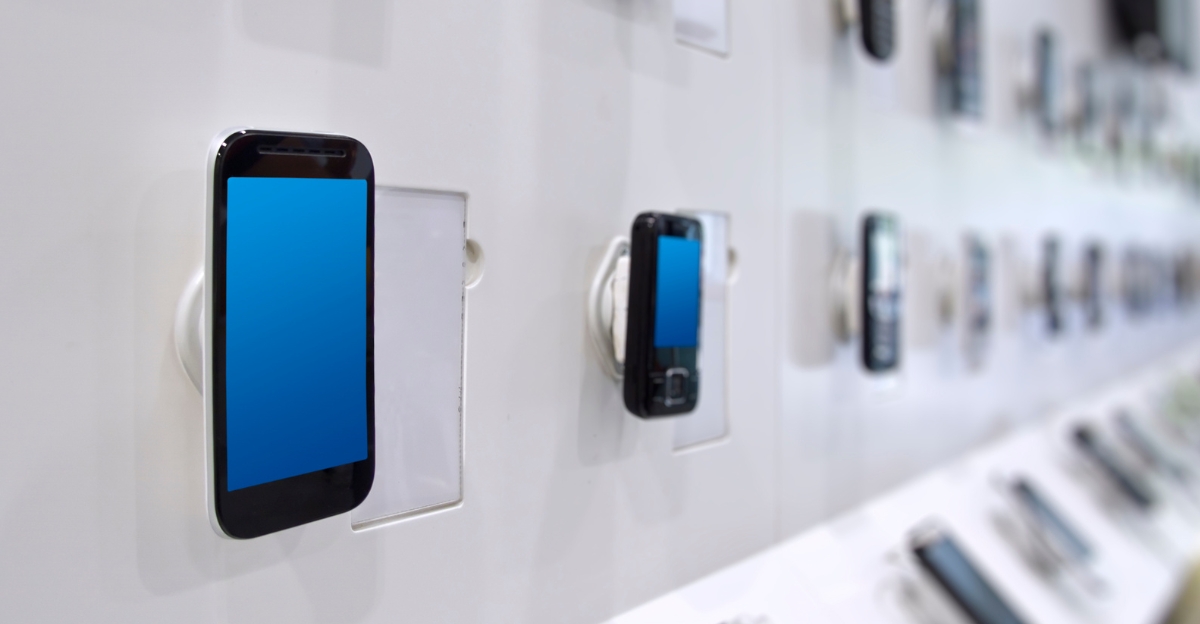
For the average consumer, the H-1B decline may not seem like something likely to affect you, until you realize it impacts everything from your smartphone apps to the price of your next laptop.
With less qualified talent entering the U.S., tech companies are left short-staffed, hindering innovation and increasing costs. On Reddit, individuals debate whether this means more opportunity for American graduates or just less AI and software innovation.
The effects already creep in: delayed product releases, increased technical support response times, and an unspoken yet tangible reduction in the pace of digital progress.
Trends in Flux: From Lottery Mania to Cautious Math

As recently as last year, H-1B petitions totaled more than 480,000. With just 358,737 applications remaining and 120,141 selected, the game has changed.
Behind the scenes, anti-fraud sweeps have kept multiple entries in check, and companies—once eager to flood the industry’s employment market—are pulling back. For example, technology giants like Meta and Microsoft, which have layoffs and reduced budgets, are less likely to gamble on temporary hires.
Meanwhile, research institutions and universities worry about losing the foreign brainpower and talent pool that powers their innovation machines. The old playbook no longer works, and everybody’s scrambling to devise a new one.
The Emergence of Alternatives: Remote Work, Canada, and the Global Shuffle

As America shuts its doors, the global talent game is shifting. Increasingly, professionals are eyeing remote work visas in countries such as Portugal and Estonia, or looking to Canada’s more hospitable immigration stance.
Companies, too, are experimenting with cross-border teams and distributed offices, in an attempt to free themselves from Silicon Valley. Further, YouTube and TikTok are filled with stories of “Plan B” professions, either in Bangalore, Toronto, or Berlin.
These trends are evidence of a new reality: the American Dream is not the only dream that an international workforce might consider and eventually pursue.
The Economic Domino Effect: U.S. Tech’s Innovation Engine Stalls
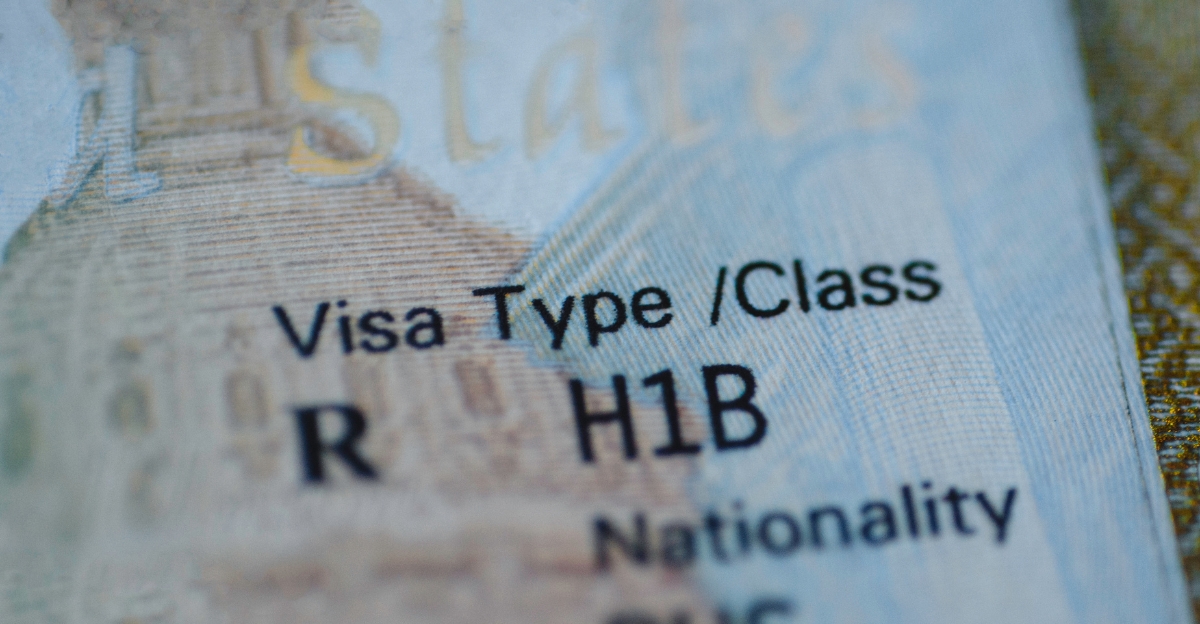
The H-1B program has been a keystone of American tech for decades, fueling startups, innovation, and the birth and growth of AI. Fewer visas mean the risk is clear: less innovation, fewer patents, and perhaps less competitiveness for America on a global scale.
Research verifies that H-1B workers not only fill job requirement gaps but also power productivity, generate jobs, and even boost wages for American workers in similar industries.
As applications plunge, this economic engine stalls, worrying economists about the chilling effects that threaten not just startups and Silicon Valley giants but also the broader retail industry and everyday consumers.
Real Lives, Real Uncertainty: Voices from the Front Lines

For thousands of would-be H-1B visa holders and current visa recipients, the numbers aren’t merely statistical; they represent the number of lives and plans on hold.
Viral Reddit posts and YouTube interviews summarize the anxiety nicely: Indian and Chinese employees face layoffs, F-1 students are struggling to transition, and families are debating whether to stay or go.
While some begin to cancel their vacations, others are uprooting their entire lives. “The exodus has already begun,” laments one Redditor, whose sentiment is felt across immigrant circles. The human cost is real, and it’s changing the face of the American employment landscape.
Lawmakers, Advocacy, and the Politics of Uncertainty
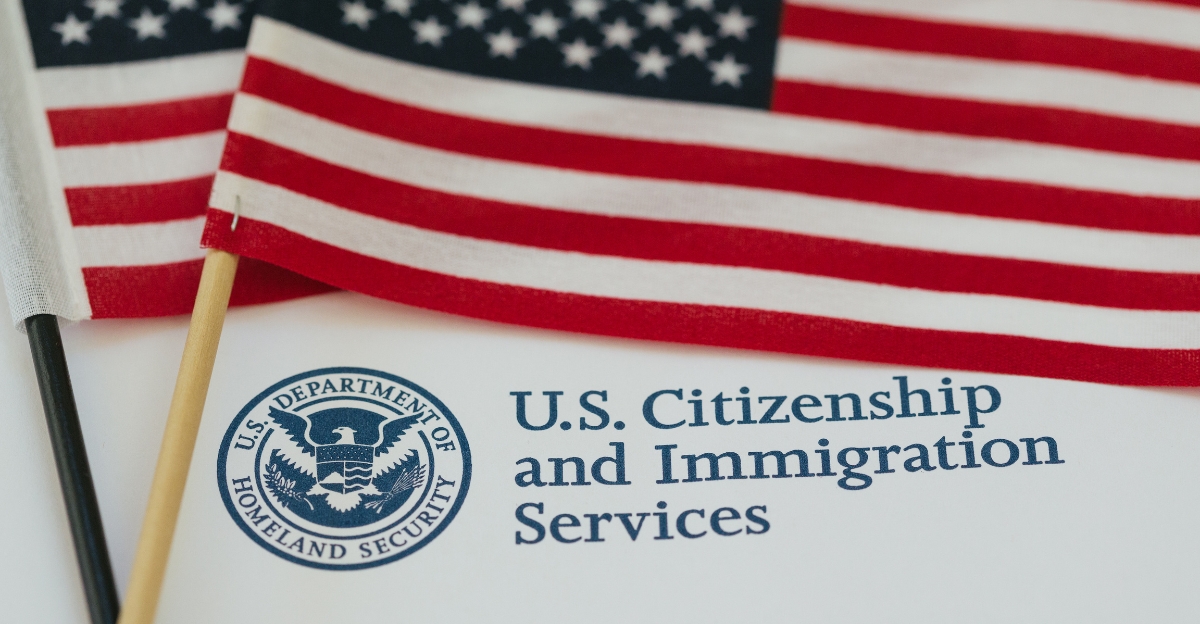
Washington has not overlooked the H-1B free fall. Lawmakers and advocates have been battling each other, with some demanding even tighter application restrictions and others pointing out the potential economic self-destruction.
The new changes aim to modernize the immigration lottery and eradicate fraudulent applications, but others say it is still too unclear and complicated to be effective.
Further, activist organizations are mobilizing, offering legal support, and demanding fairer treatment for foreign workers. The program—and the people who depend on it—are now at stake.
What Happens Next? Navigating the New Normal
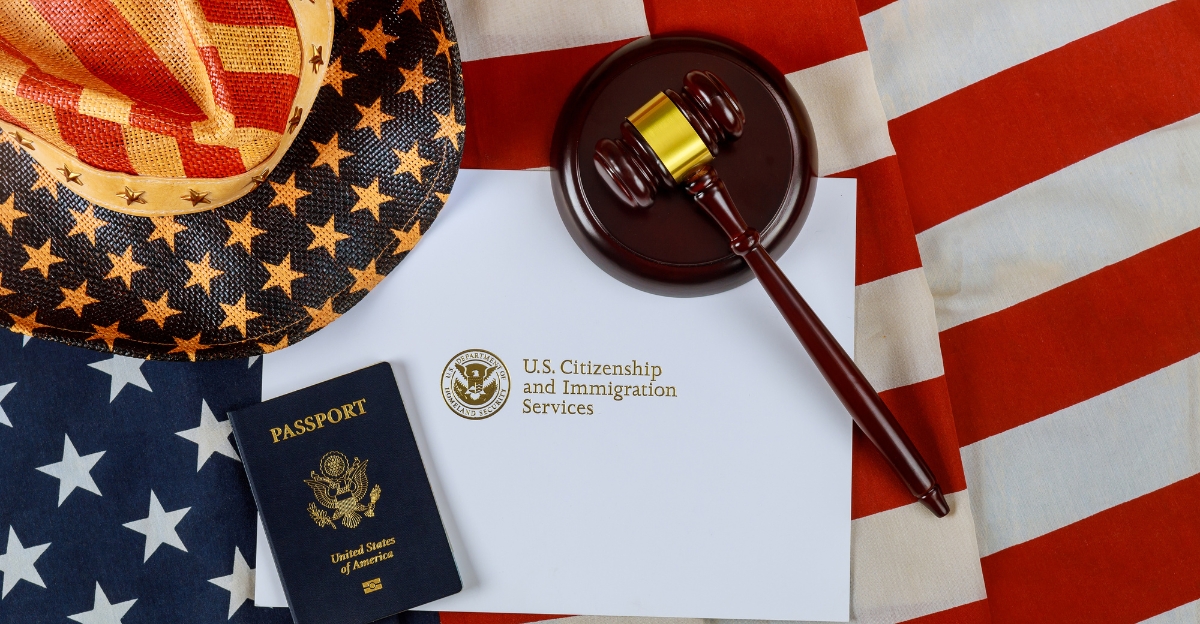
So, what can employers, students, and consumers look forward to? Analysts predict continued turbulence, with companies exploring alternate talent pipelines and workers expanding their options.
The H-1B Modernization Rule offers some stability for extensions and F-1 students, but uncertainty remains the rule, not the exception. For consumers, it could mean slower tech progress and increased expenses.
For would-be immigrants, this is an encouragement to make contingency plans that can be adapted should their applications be rejected. The world is shifting, and adaptability is a required skill set.
The Big Picture: A Tectonic Shift in Global Talent and Opportunity
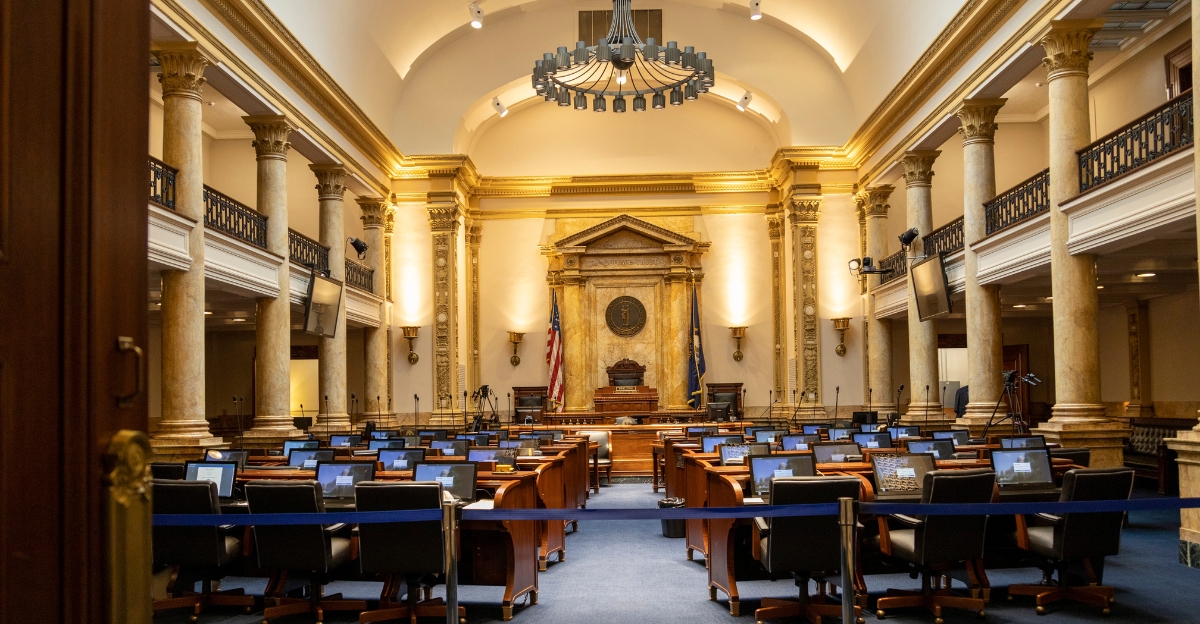
The 25% drop in H-1B filings is not merely another shocking news story and headline; it’s a very real tipping point for American immigration.
It’s a sign of a new reality in which talent flows differently, where innovation is less geography-bound, and where the American Dream competes with emerging, global dreams. For America, the challenge is clear: adjust or be left behind.
For the rest of us, the message is sobering and empowering—change is a certainty, but those who can recognize the ripples can surf the waves. The future of work, technology, and migration is being rewritten today, and everyone has a stake in what comes next.
Discover more trending stories and Follow us to keep inspiration flowing to your feed!
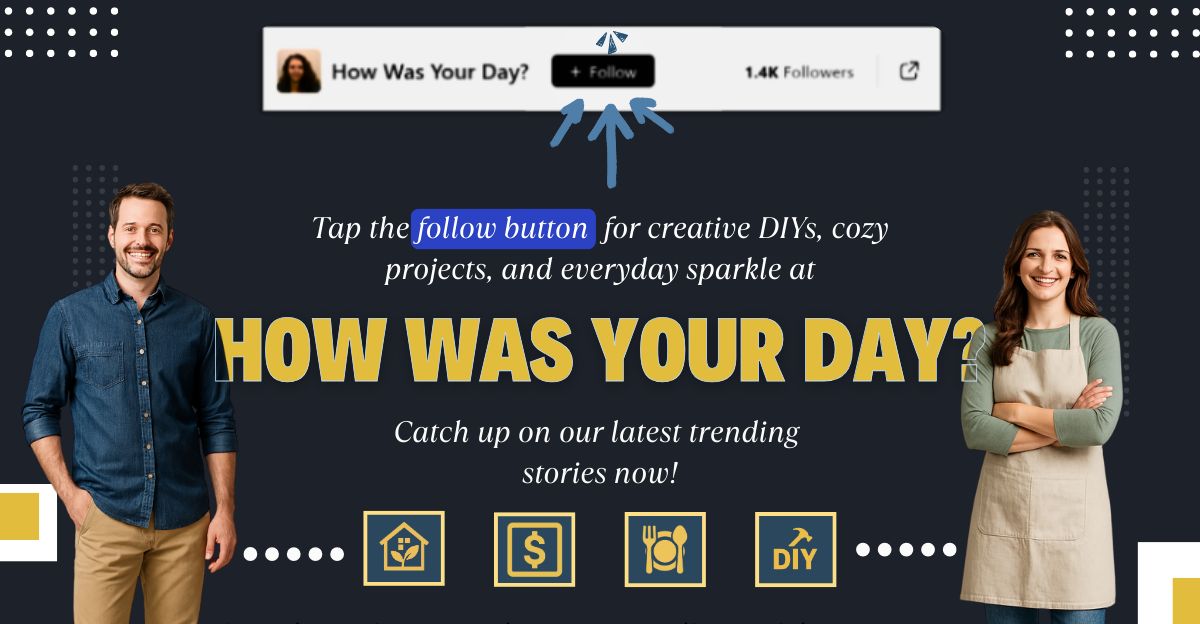
Craving more home and lifestyle inspiration? Hit Follow to keep the creativity flowing, and let us know your thoughts in the comments below!
